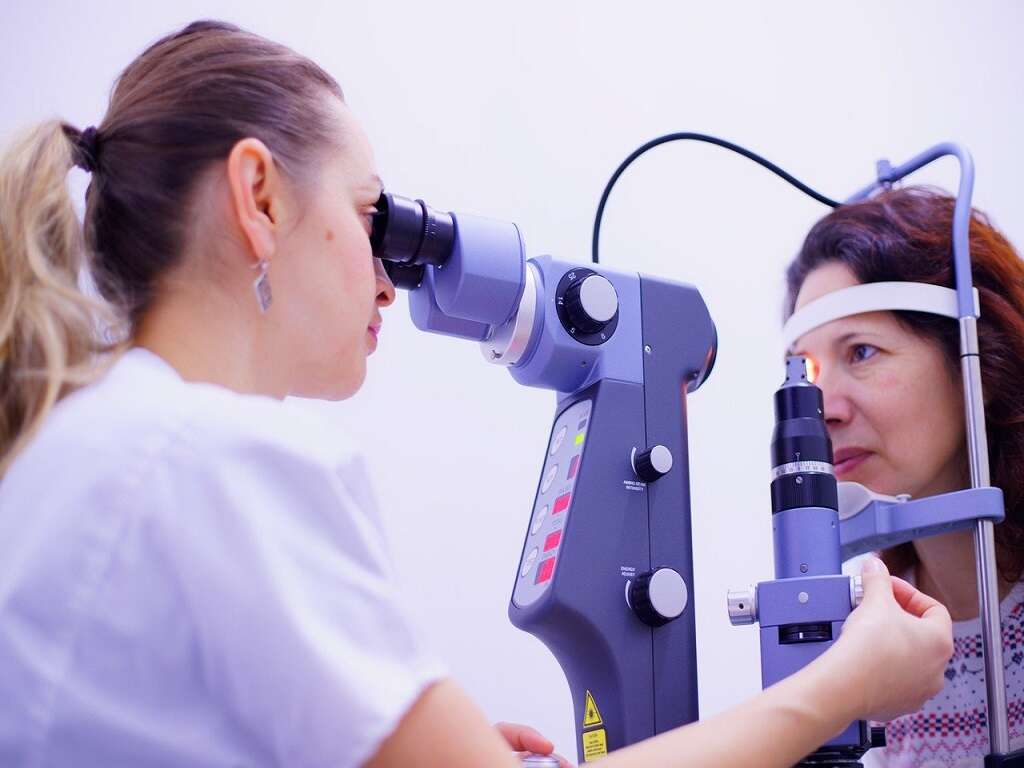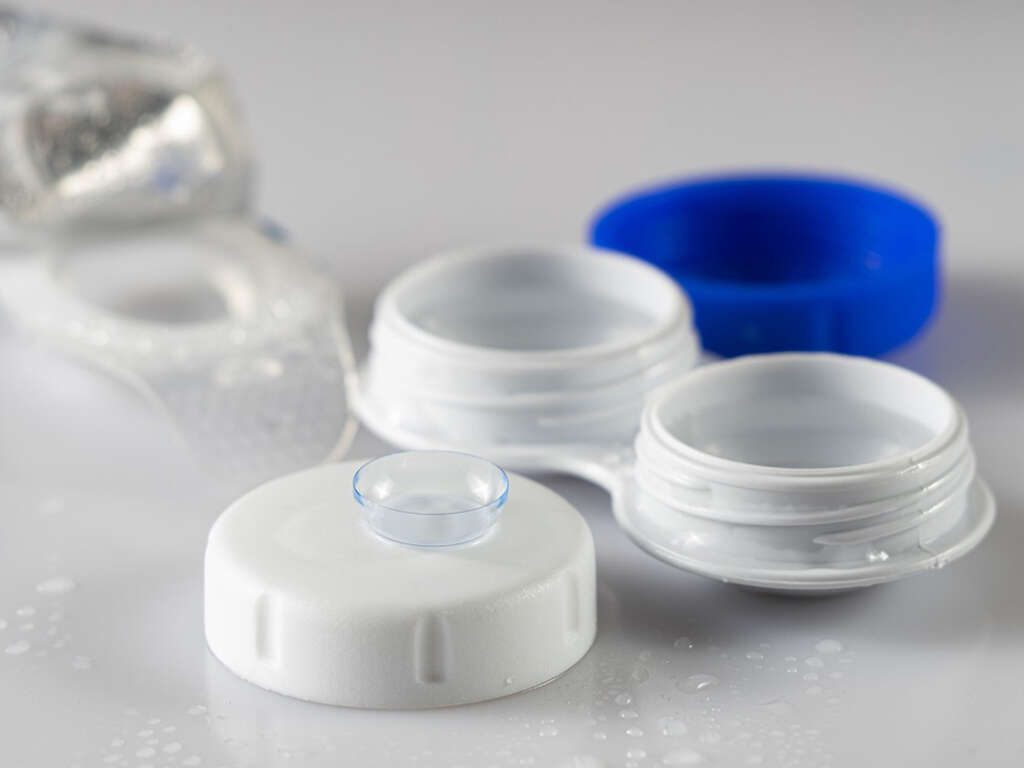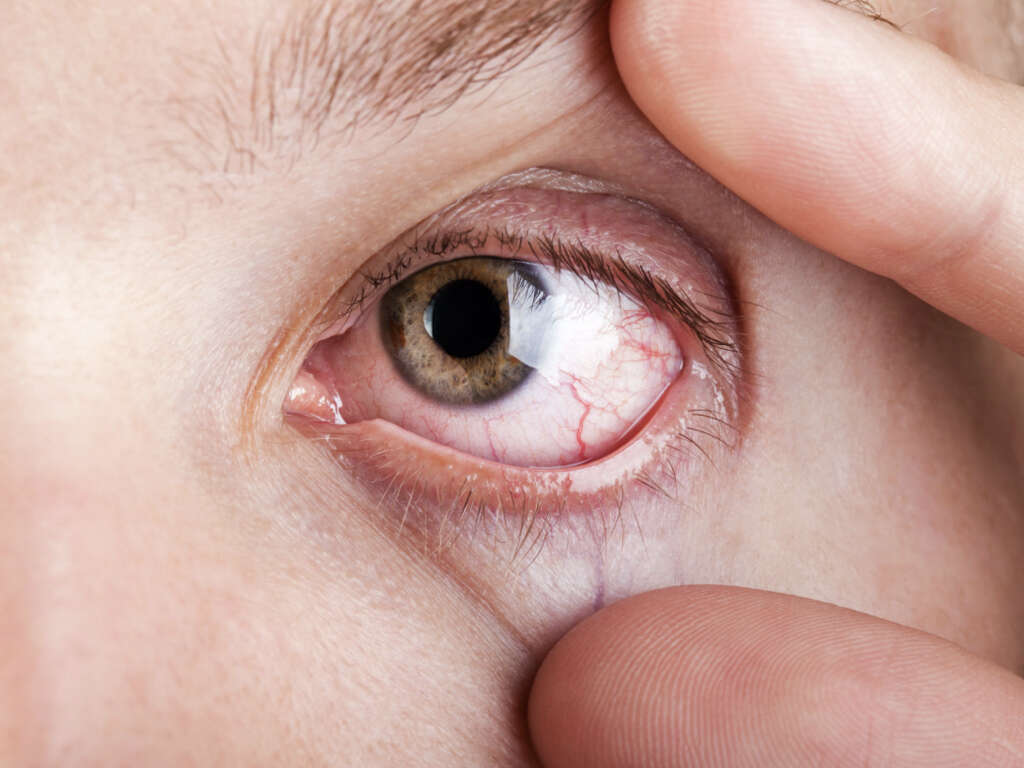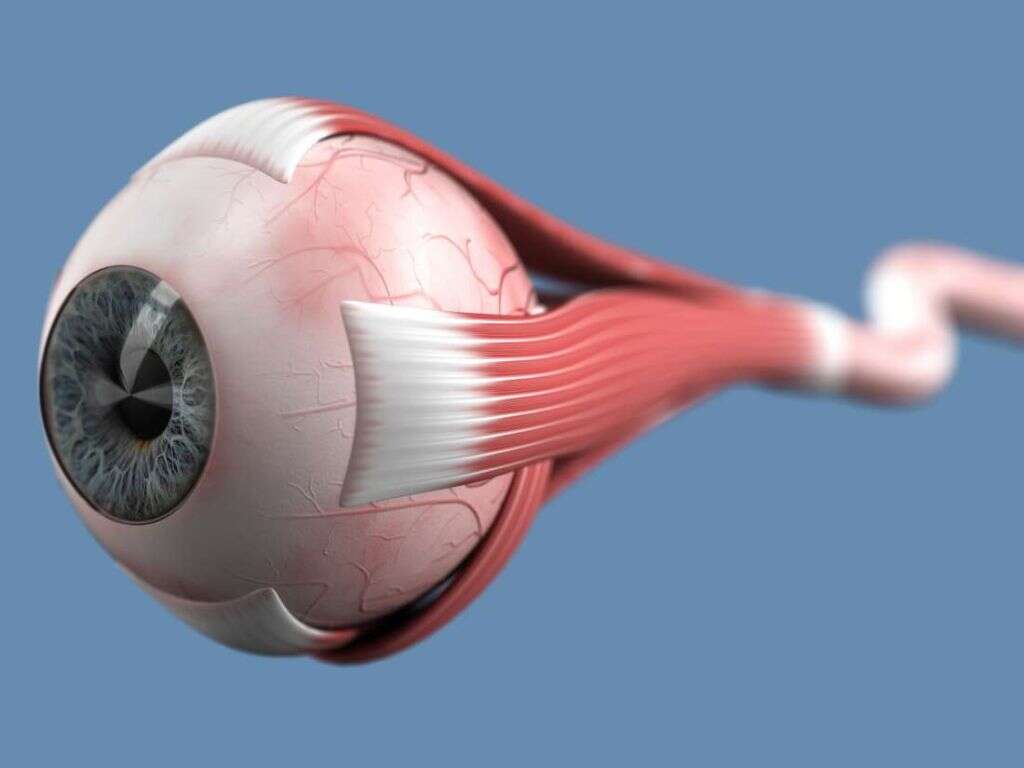10 Papilledema Symptoms
 Article Sources
Article Sources
- 1. 'Papilledema | UK HealthCare.' UK HealthCare Home, ukhealthcare.uky.edu/kentucky-neuroscience-institute/conditions/neuro-ophthalmology/papilledema
- 2. Harvard Health Publishing. Optic Nerve Swelling (Papilledema).' Harvard Health, 17 June 2020, www.health.harvard.edu/a/to/z/optic-nerve-swelling-papilledema-a-to-z
- 3. 'Increased Intracranial Pressure.' Healthgrades, 8 Jan. 2021, www.healthgrades.com/right-care/brain-and-nerves/increased-intracranial-pressure
- 4. 'Papilledema - Eye Disorders - Merck Manuals Professional Edition.' Merck Manuals Professional Edition, www.merckmanuals.com/en-ca/professional/eye-disorders/optic-nerve-disorders/papilledema#v957866
- 5. 'Papilledema | UK HealthCare.' UK HealthCare Home, ukhealthcare.uky.edu/kentucky-neuroscience-institute/conditions/neuro-ophthalmology/papilledema
- 6. 'Papilledema.' Michigan Medicine | University of Michigan, www.med.umich.edu/1libr/Ophthalmology/neuro-ophthalmology/Papilledema.pdf
- 7. 'Bilateral Papilledema in Otherwise Well Patients.' JAMA Network | Home of JAMA and the Specialty Journals of the American Medical Association, 1 July 1957, jamanetwork.com/journals/jamaophthalmology/article-abstract/625169
Papilledema is a condition affecting the optic nerve behind the eye. Increased intracranial pressure makes the optic nerve swell and causes vision changes, headaches, nausea and other symptoms. Left untreated, papilledema can lead to long-term vision changes or loss.1‘Papilledema | UK HealthCare.’ UK HealthCare Home, ukhealthcare.uky.edu/kentucky-neuroscience-institute/conditions/neuro-ophthalmology/papilledema Changes to the ability to see clearly can be scary for patients.
Physicians have a range of options for resolving this condition, from medication to surgical intervention, that may relieve symptoms and mitigate long-term damage. It is very important to identify the risk factors and the implementation of preventative measures.
Tinnitus
The human brain is surrounded by fluid that creates an ideal amount of pressure to protect the organ from damage due to blunt trauma.2Harvard Health Publishing. Optic Nerve Swelling (Papilledema).’ Harvard Health, 17 June 2020, www.health.harvard.edu/a/to/z/optic-nerve-swelling-papilledema-a-to-z When this intracranial pressure increases, it can cause a range of symptoms, including tinnitus.
The best way to describe tinnitus is a noticeable ringing in one or both ears. This sound is unrelated to external noises. While some describe it as ringing, others hear a clicking, humming or buzzing sound. Many people experience sounds in their ears as a result of hearing loss or circulatory issues.
Headaches
A primary symptom of intracranial pressure is the development of unusual headaches. When fluid pressure increases, it can begin to push the brain against the skull. This may feel like a growing pressure in the head or a pounding pain that continues to increase in severity.
While many people experience many kinds and severity of headaches, they are always not related to papilledema or intracranial swelling. Watching for other symptoms of concern will help medical professionals to help with a diagnosis.3‘Increased Intracranial Pressure.’ Healthgrades, 8 Jan. 2021, www.healthgrades.com/right-care/brain-and-nerves/increased-intracranial-pressure

Brief Vision Changes
Patients diagnosed with papilledema sometimes describe having double vision, partial vision loss or blurriness. Some will experience sudden flashes of light. These changes may not be noticeable at first but can progress over the course of a few days or weeks.
What may begin as fleeting changes may begin to extend to a few minutes at a time. Without timely and effective remedies, permanent damage to an individual's eyesight can occur.
Nausea
Nausea can be best described as that anxiety-inducing gurgling and uneasy feeling many people feel prior to vomiting. It can be accompanied by sweating and weakness. Patients diagnosed with papilledema may experience nausea in conjunction with other symptoms.
There are various medicinal remedies for easing the symptoms of nausea once the root cause has been identified. The feeling of an unwell stomach leaves many patients wanting to remain still and quiet, close to a washroom or comfortable chair.

Vomiting
Nausea that accompanies papilledema can lead to vomiting. This can be described as the sudden and forceful expulsion of the stomach's contents through the mouth.
Patients who experience persistent vomiting may begin to feel the effects of dehydration. Taking small sips of water or electrolyte drinks may help to replenish fluids. While many things can cause vomiting, in combination with other symptoms and prolonged nausea, medical attention might be necessary.
Reduced Visual Field
When pressure increases on the optic nerve, this causes changes to an individual's vision. In some cases, a patient may describe being unable to clearly see to the sides or downward.
When a patient visits their physician with vision concerns, a doctor may begin with an ophthalmoscopic examination that will show the inner structures of the eye. If papilledema is suspected, magnetic resonance imaging or computed tomography may be used to rule out other concerns.4‘Papilledema - Eye Disorders - Merck Manuals Professional Edition.’ Merck Manuals Professional Edition, www.merckmanuals.com/en-ca/professional/eye-disorders/optic-nerve-disorders/papilledema#v957866
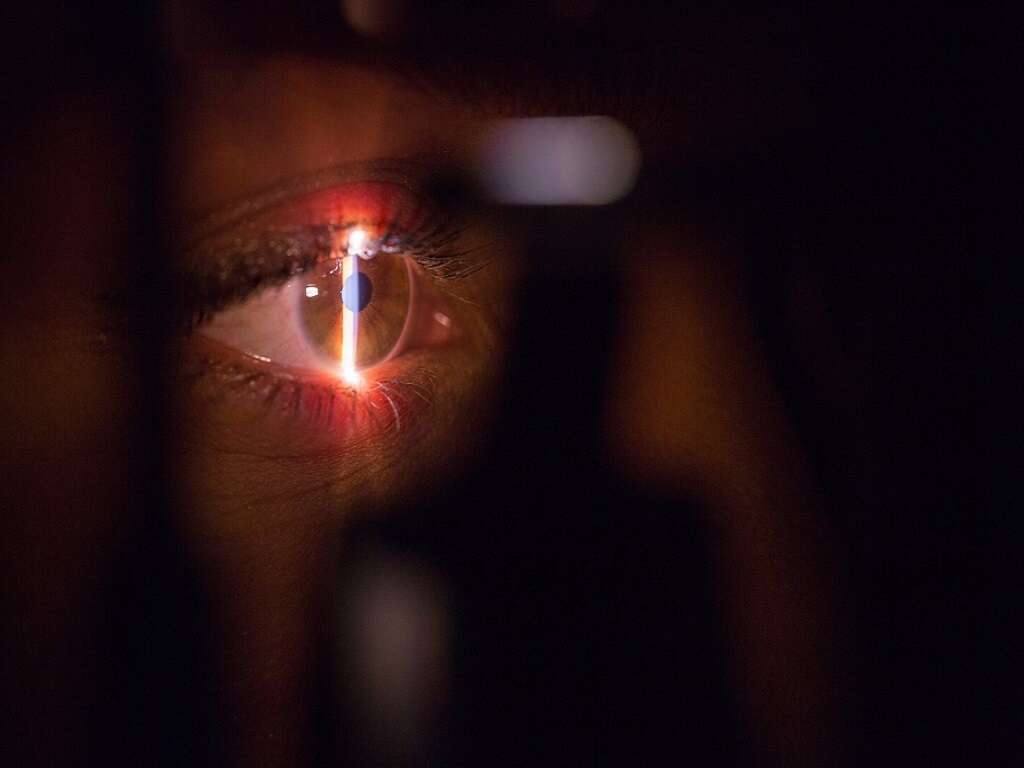
High Blood Pressure
Increased intracranial pressure leading to papilledema can be caused by a variety of different factors. Many people who experience this condition also have very high blood pressure. Ensuring that hypertension is identified and well managed will help patients to reduce the likelihood of ongoing issues with pressure on the optic nerve.5‘Papilledema | UK HealthCare.’ UK HealthCare Home, ukhealthcare.uky.edu/kentucky-neuroscience-institute/conditions/neuro-ophthalmology/papilledema
High blood pressure might be addressed with medications. This may be paired with a diet low in sodium and regular exercise.
Full Loss of Vision
When left without medical intervention, papilledema can lead to a full loss of vision or permanent damage to eyesight. This occurs when swelling in the optic nerve causes significant irreparable damage.
The resolution of papilledema depends on the cause of each patient's condition. In any case, doctors are likely to focus on reducing the pressure in the individual's brain, thereby minimizing optic nerve swelling. Patients may be required to use prescription medications or undergo surgical intervention.6‘Papilledema.’ Michigan Medicine | University of Michigan, www.med.umich.edu/1libr/Ophthalmology/neuro-ophthalmology/Papilledema.pdf

Venous Engorgement
While not seen by the patient on their own, venous engorgement is easily visible during a routine eye exam using an ophthalmoscope. This is one of the first signs that papilledema may be developing. It refers to the swelling of the veins of the retina.
This could be identified during a routine eye exam, or if a patient were to visit their doctor with complaints of other symptoms of papilledema.
Dizziness
Patients with papilledema may experience periods of feeling dizzy or lightheaded.7‘Bilateral Papilledema in Otherwise Well Patients.’ JAMA Network | Home of JAMA and the Specialty Journals of the American Medical Association, 1 July 1957, jamanetwork.com/journals/jamaophthalmology/article-abstract/625169 An individual could feel like they might faint or fall down, or that they are having difficulty balancing. This may accompany other symptoms such as nausea but may also occur on its own.
Since this condition impacts each patient differently, it is important to get medical attention quickly should symptoms occur. This may lead to better treatment results.


